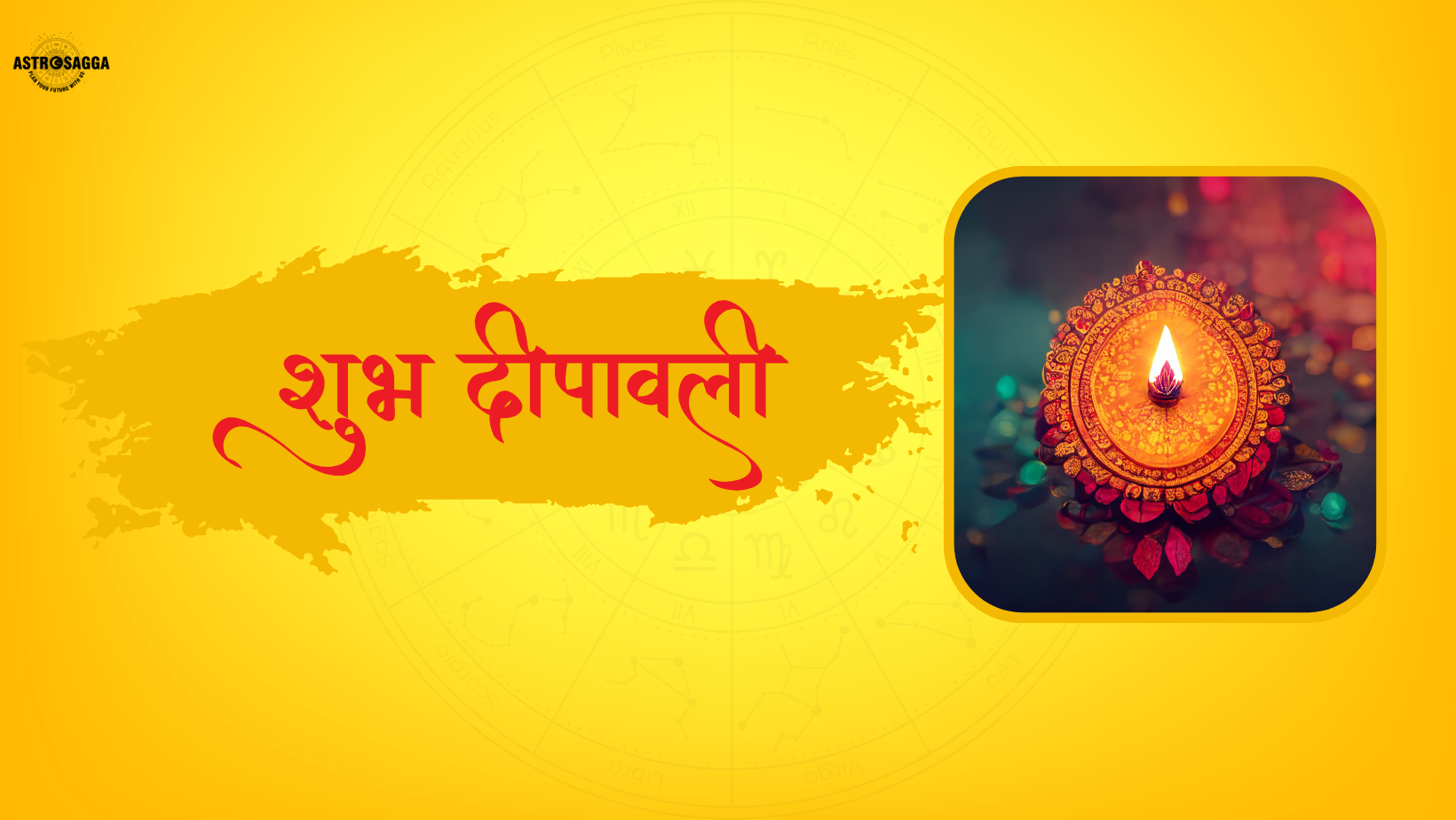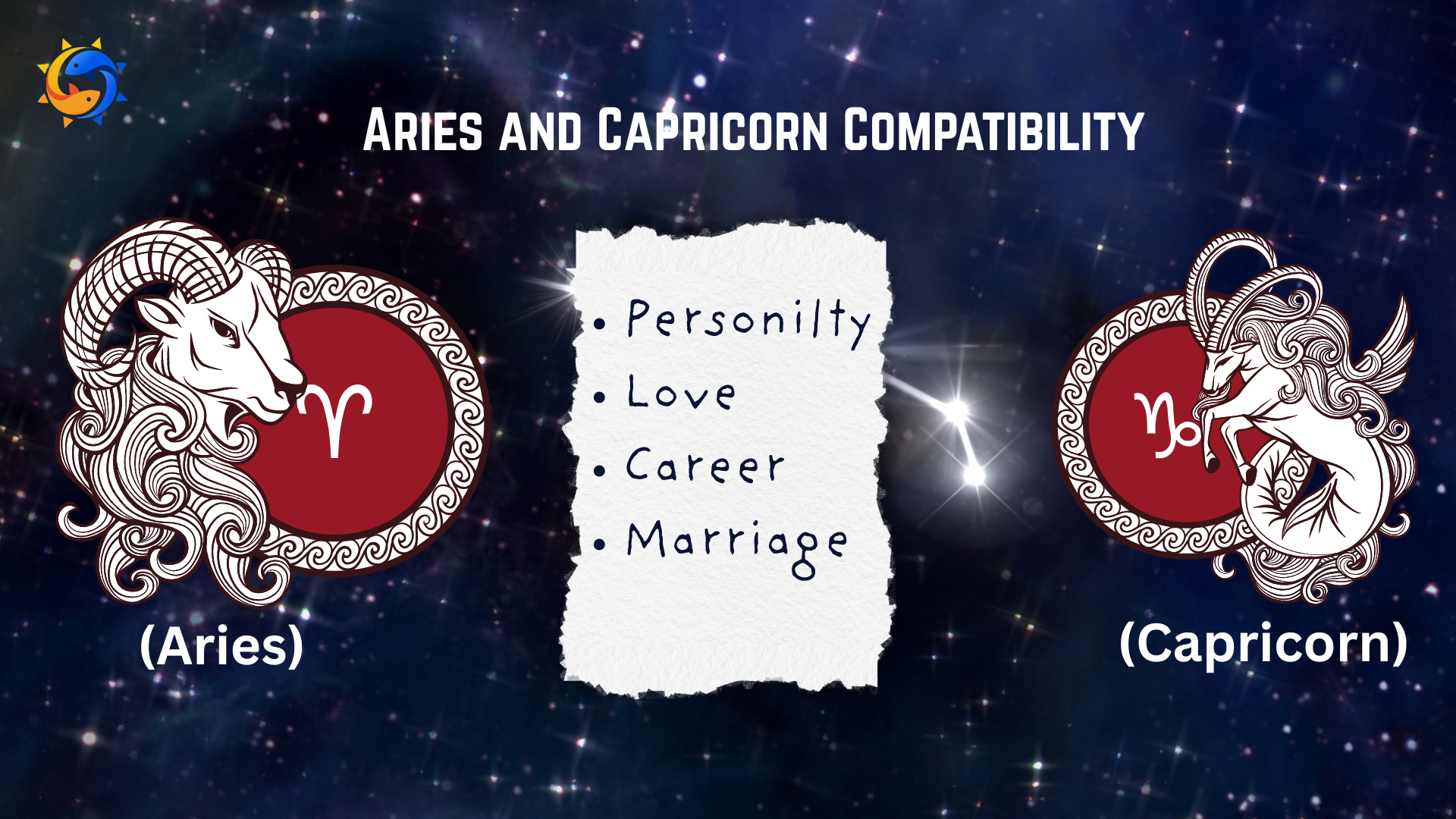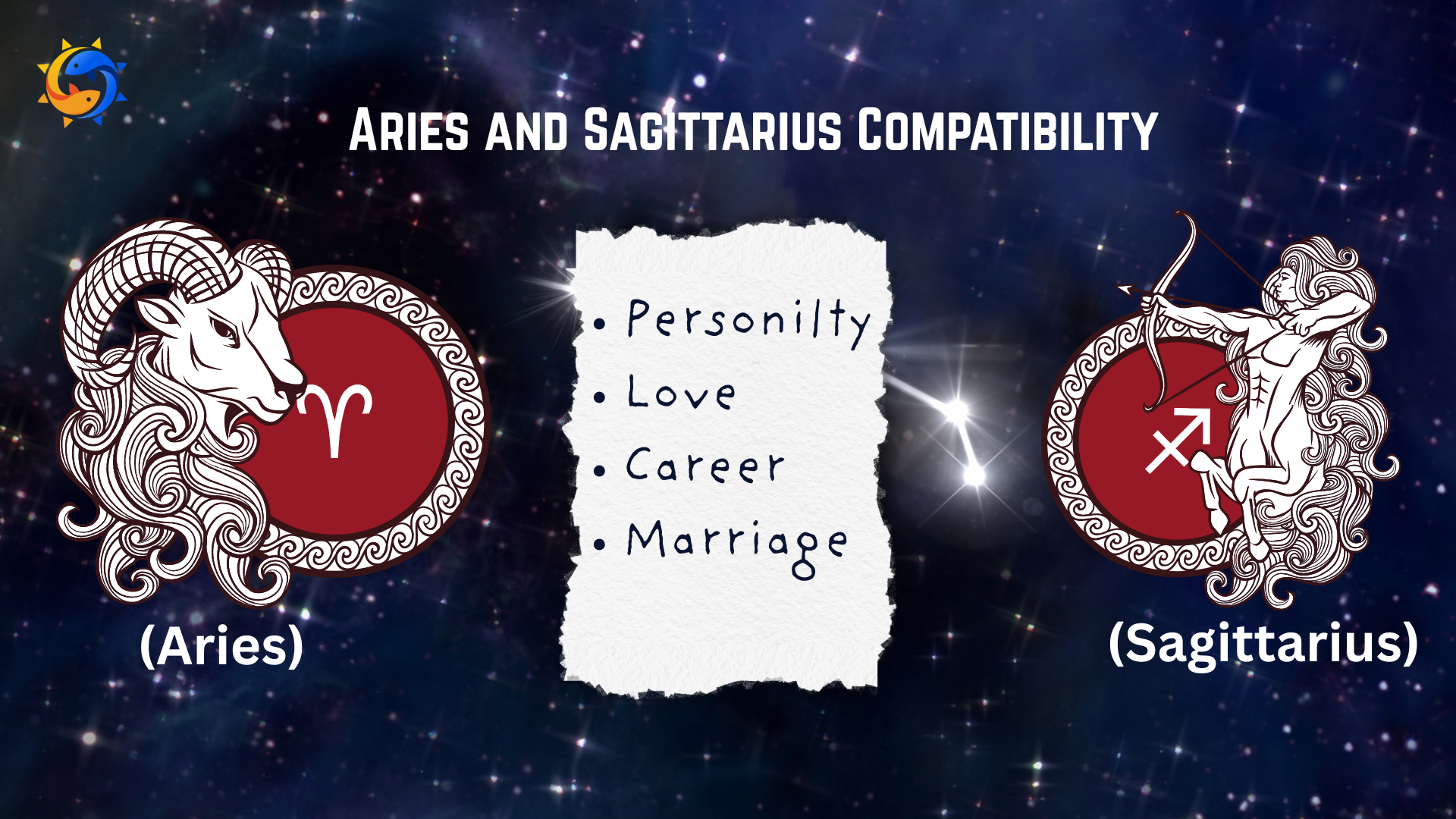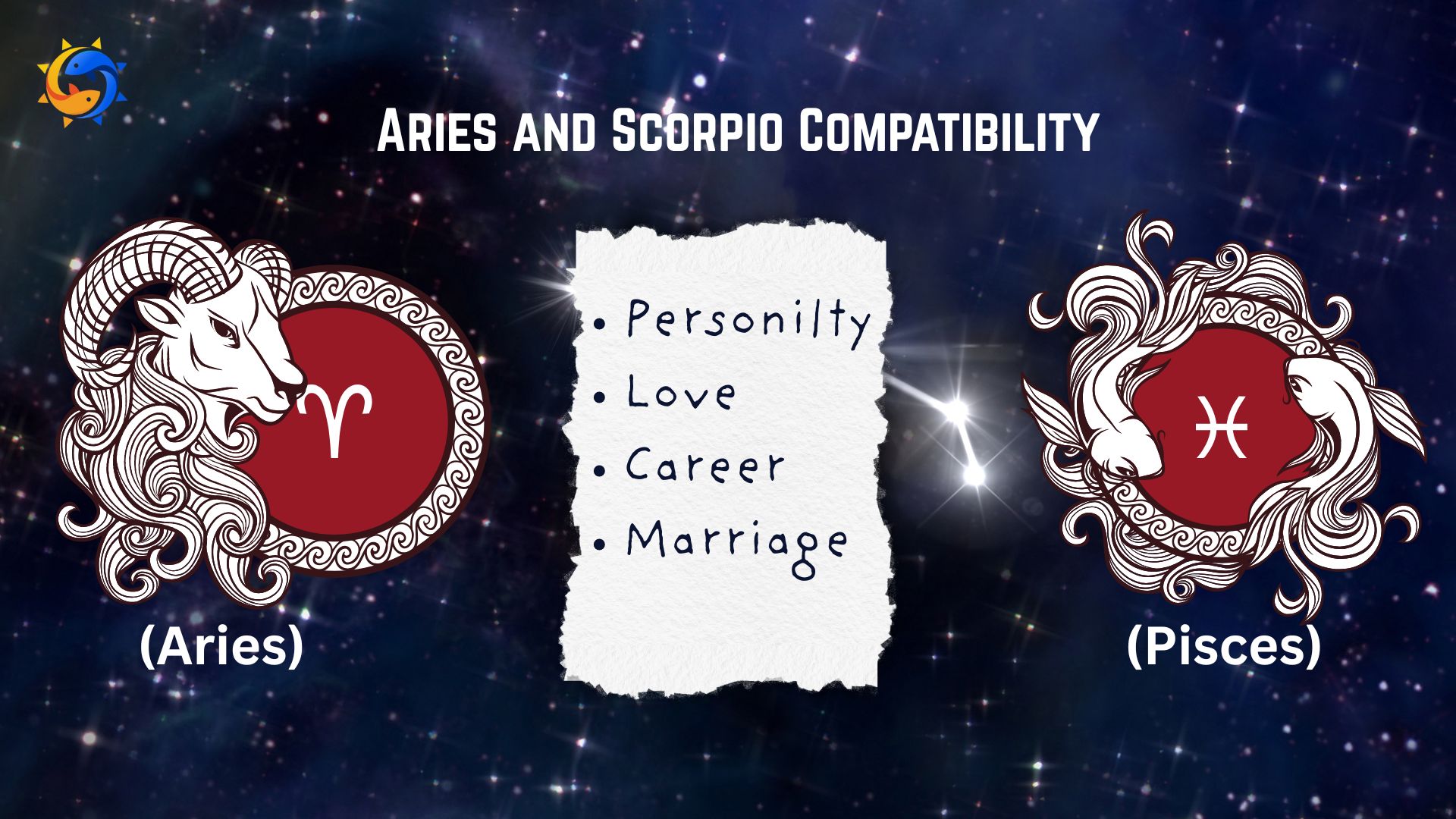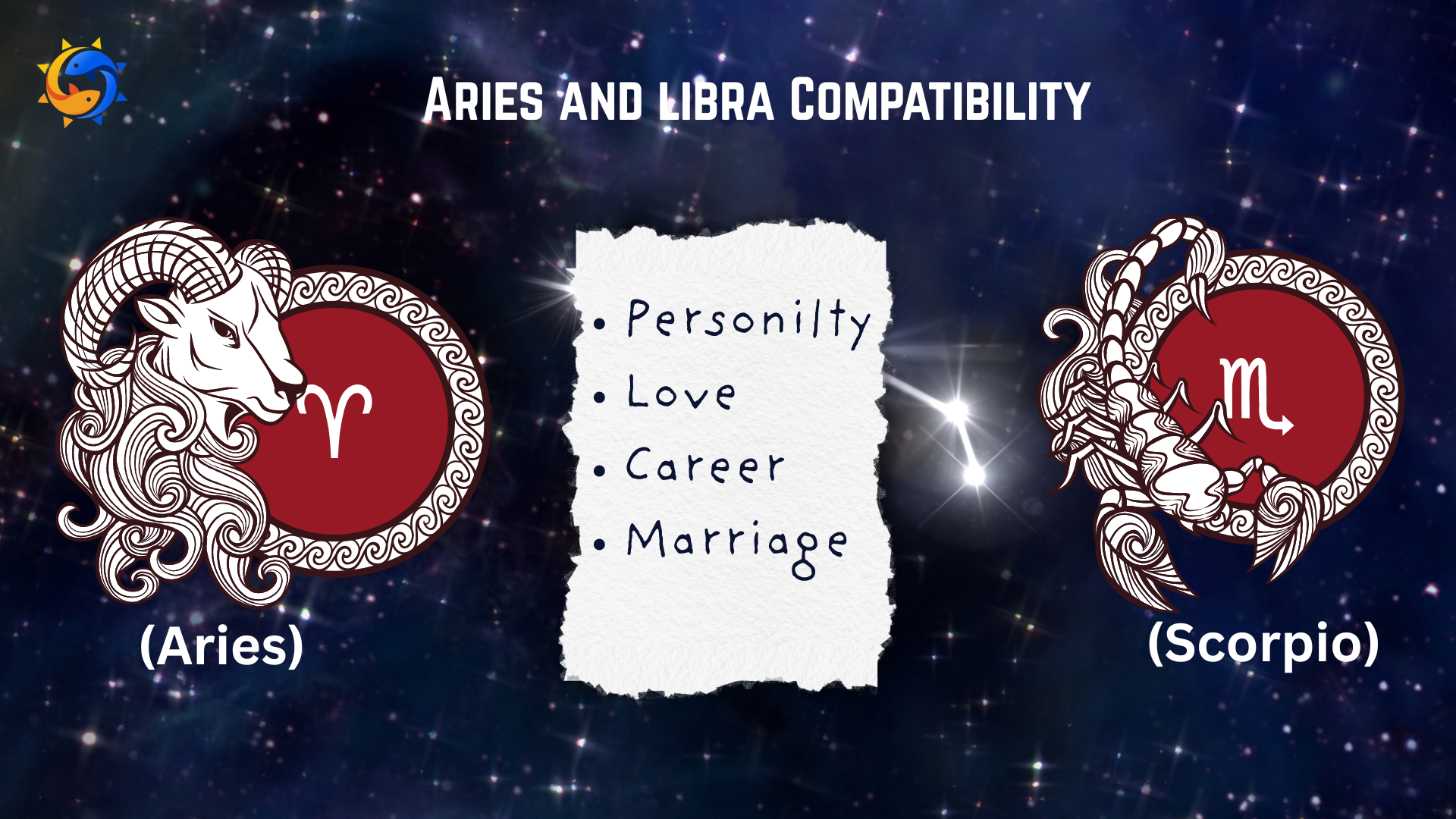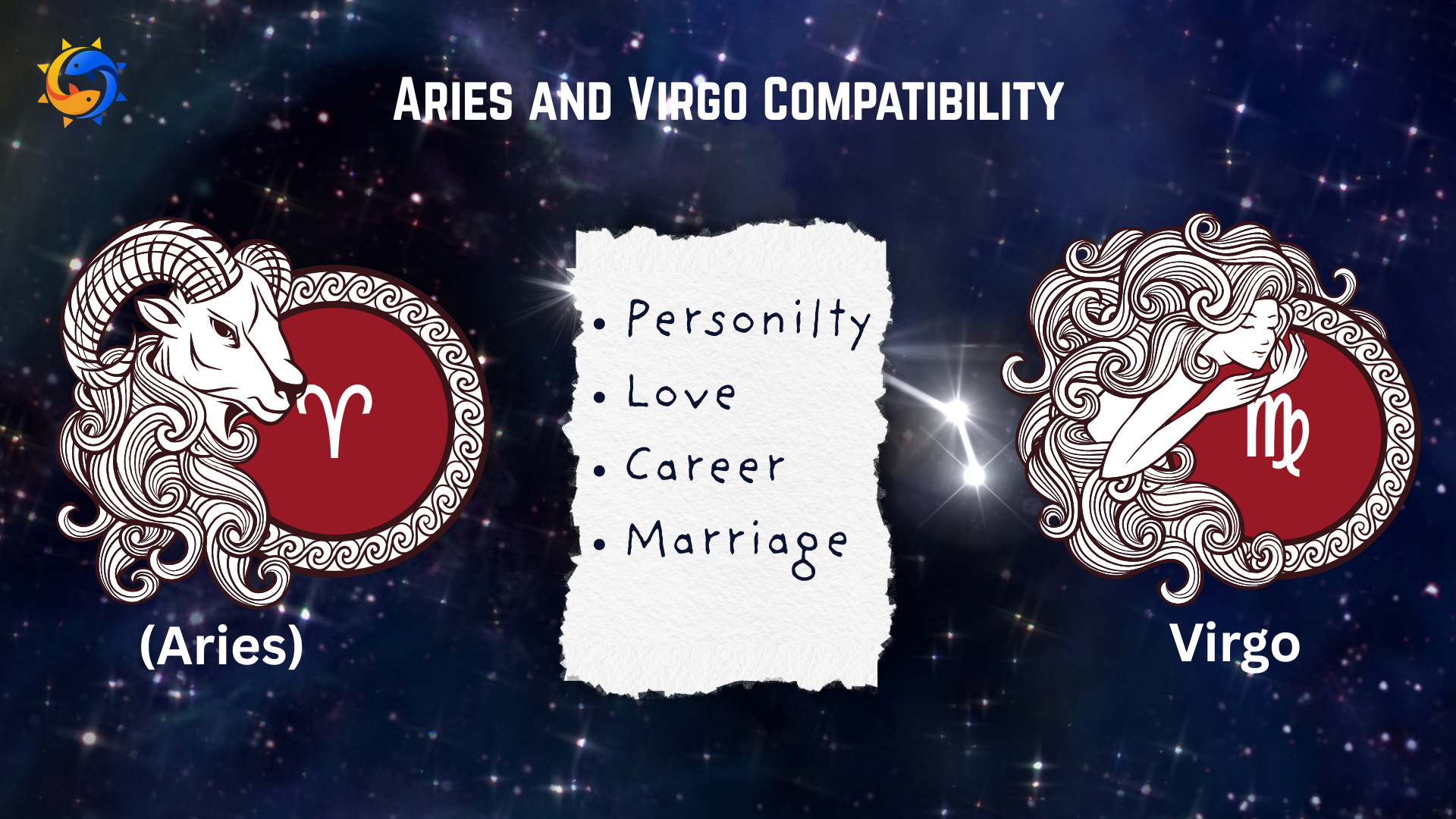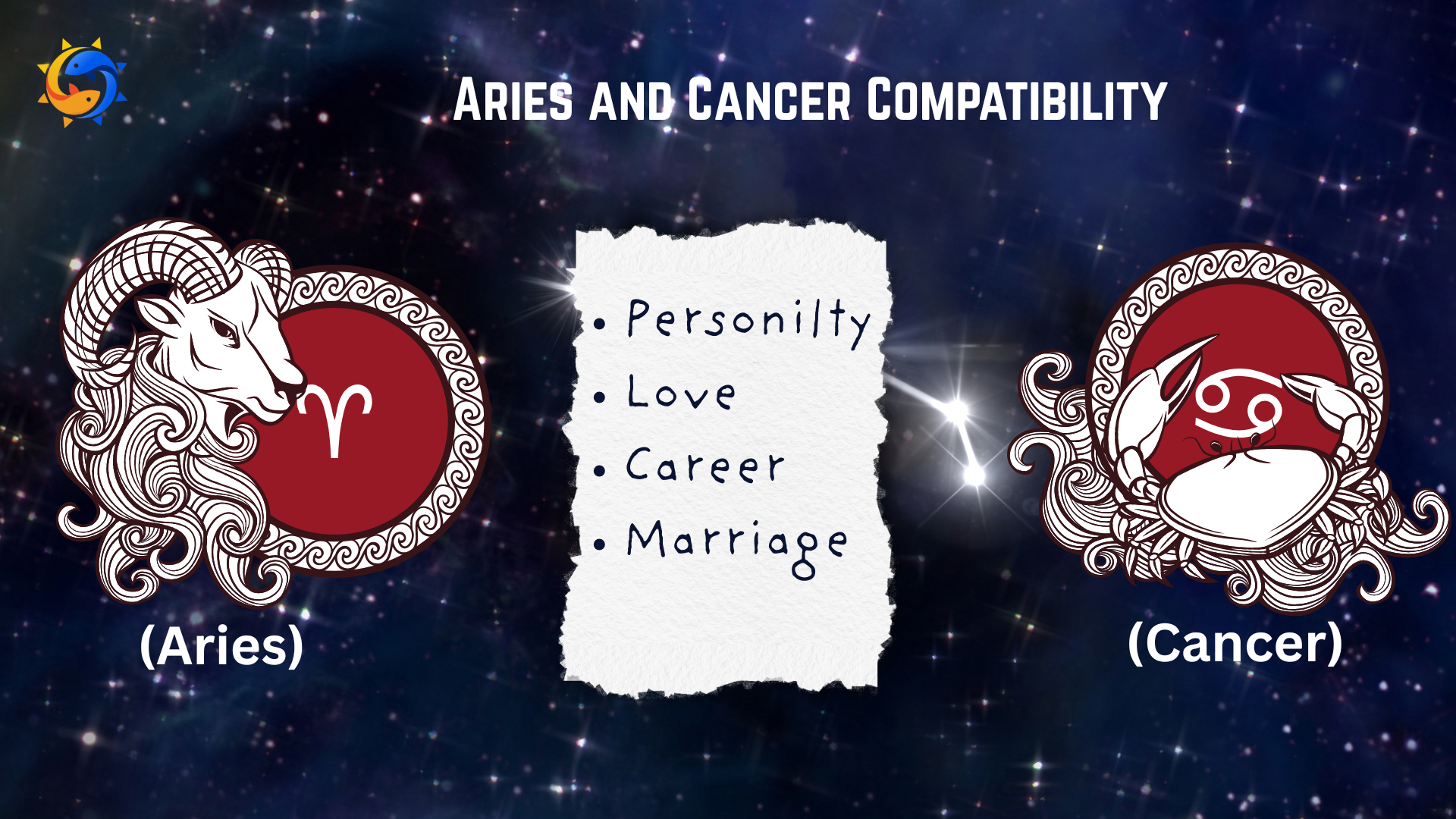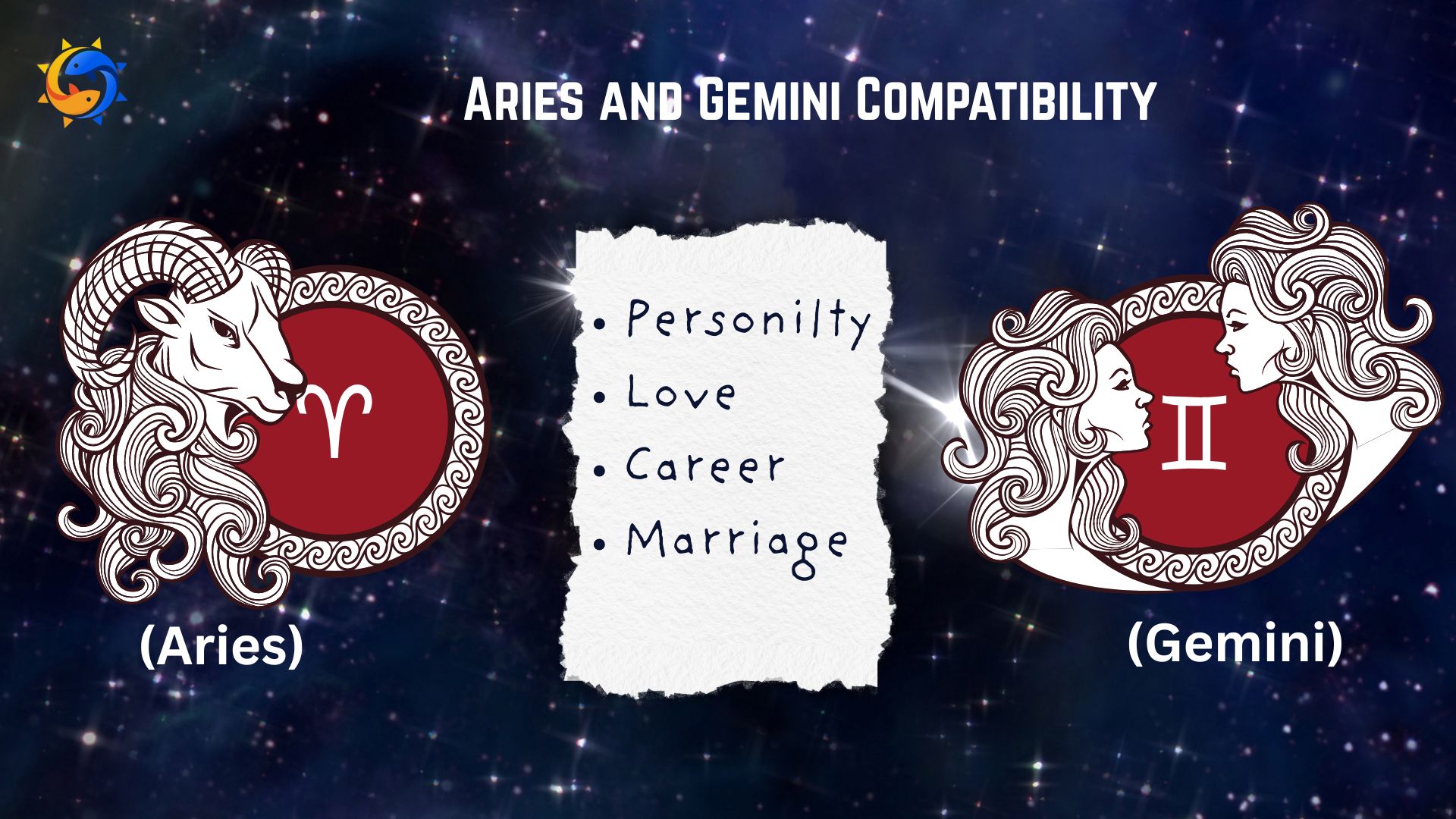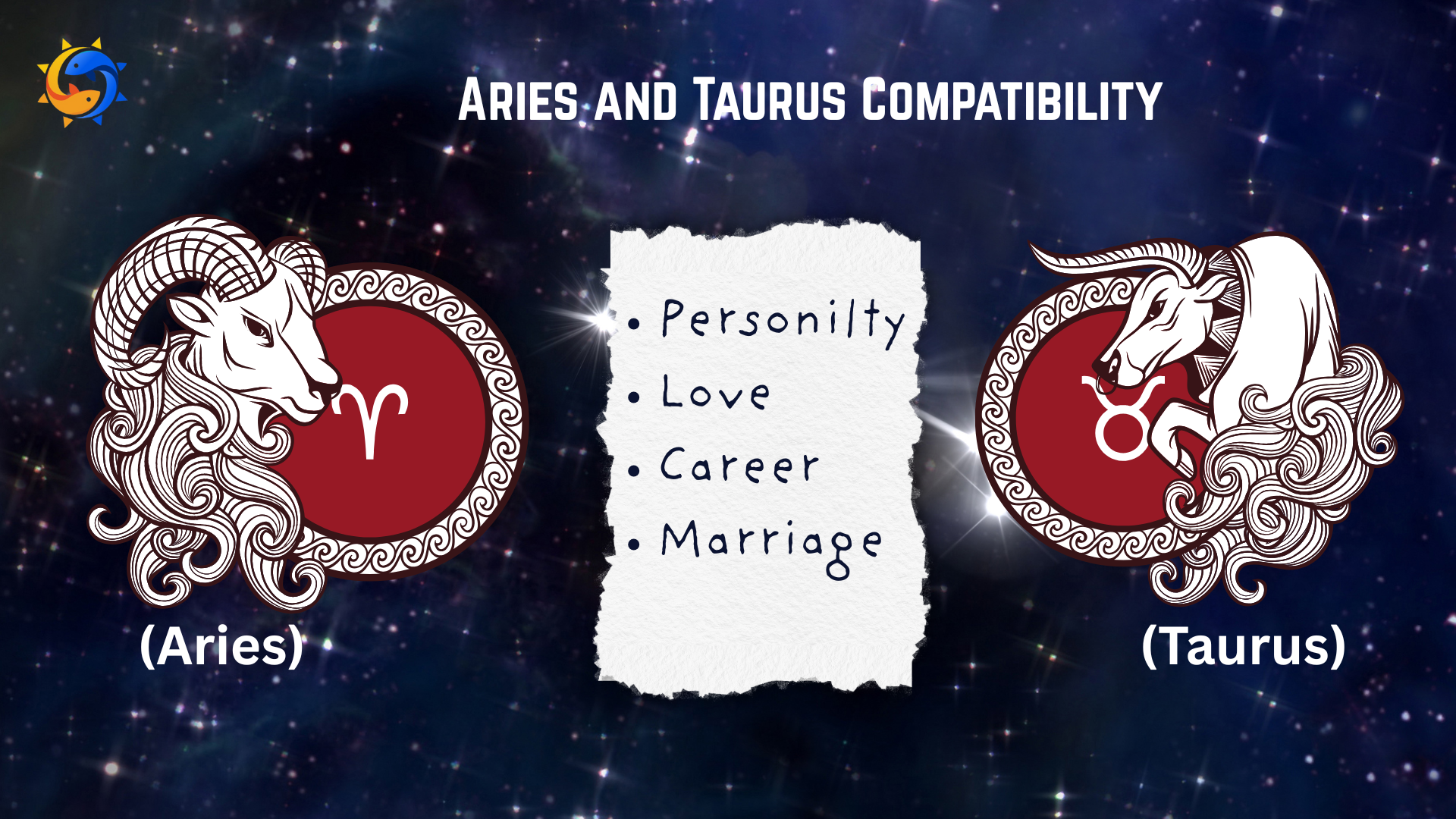Diwali, also known as Deepavali, is one of the most widely celebrated festivals in India, symbolizing the victory of light over darkness and good over evil. In 2024, this auspicious festival falls on Friday, November 1st, and it is a time when families gather, homes are decorated with lights, and people worship Goddess Lakshmi, the harbinger of wealth and prosperity.
Diwali 2024 Date and Muhurat
Diwali Date: November 1, 2024 (Friday)
Lakshmi Pooja Time: 05:36 PM to 06:16 PM
Pradosh Kaal: 05:36 PM to 08:11 PM
Vrishabha Kaal: 06:20 PM to 08:15 PM
Amavasya Start: October 31, 2024 (Thursday) at 03:52 PM
Amavasya End: November 1, 2024 (Friday) at 06:16 PM
The Significance of Diwali
Diwali signifies the triumph of light over darkness and knowledge over ignorance. The word "Diwali" comes from the Sanskrit word "Deepavali," meaning "rows of lighted lamps." The festival holds deep religious and cultural importance across India and is observed by Hindus, Sikhs, Jains, and Buddhists, each with their own unique customs and traditions.
The festival commemorates various events in Hindu Scriptures, including:
Lord Rama’s Return to Ayodhya: After 14 years of exile and defeating Ravana, Lord Rama, along with Sita and Lakshman, returned to Ayodhya. The people welcomed them with lighted oil lamps, marking the origin of this festival.
Goddess Lakshmi's Blessing: Diwali is also the night when Goddess Lakshmi, the goddess of wealth and prosperity, is believed to visit homes and bless devotees with fortune.
Narakasura’s Defeat: The festival also celebrates the victory of Lord Krishna over the demon Narakasura, symbolizing the removal of negativity from life.
Diwali Lakshmi Pooja
On Diwali, the most significant ritual is the worship of Goddess Lakshmi. It is believed that the goddess blesses homes that are clean and illuminated. Families offer prayers to Lakshmi for prosperity and well-being. The ritual involves the following steps:
Preparation of the Altar: The space for the puja is cleaned, and idols or images of Goddess Lakshmi, Lord Ganesha, and Kuber (God of wealth) are placed.
Offering of Prasad: Sweets, fruits, and rice are offered as Prasad to the deities.
Lighting of Diyas: Small clay lamps (diyas) are lit and placed around the house, symbolizing the dispelling of ignorance and darkness.
Chanting of Mantras: Devotees recite prayers and mantras dedicated to Goddess Lakshmi, inviting her blessings for prosperity and wealth.
Aarti: The puja concludes with the singing of Aarti, waving a lighted lamp in a circular motion before the deities.
Read Also - Bhai Dooj 2024: Significance, Rituals, and Timings
Rituals Associated with Diwali
Diwali is not just a single-day event but a five-day festival, each day having its own significance and set of rituals:
Day 1 - Dhanteras: On this day, people buy new utensils, gold, and silver, as it is believed to bring prosperity. The worship of Dhanvantari, the god of health and Ayurveda, is also observed.
Day 2 - Naraka Chaturdashi: This day is celebrated as the victory of Lord Krishna over the demon Narakasura. People wake up early, take oil baths, and prepare for the following day of Lakshmi Puja.
Day 3 - Diwali (Lakshmi Puja): Homes are cleaned and decorated with rangoli (traditional art made from colored powder) and oil lamps. Families gather in the evening for the Lakshmi Puja, seeking her blessings for a prosperous year.
Day 4 - Govardhan Puja: This day commemorates the lifting of Mount Govardhan by Lord Krishna, saving the people of Gokul from a devastating storm. Offerings of food are made to Lord Krishna, and Govardhan hill is worshipped.
Day 5 - Bhai Dooj: The festival concludes with Bhai Dooj, celebrating the bond between brothers and sisters. Sisters pray for the well-being of their brothers, and brothers pledge to protect their sisters.
Other Important Timings for Diwali 2024
Pradosh Kaal: This is the time during which the Lakshmi Puja is most auspicious. In 2024, the Pradosh Kaal is from 5:36 PM to 8:11 PM, offering the perfect window for devotees to perform the rituals.
Vrishabha Kaal: This is considered the time when Lakshmi Puja should be performed for the best results. In 2024, Vrishabha Kaal falls between 6:20 PM and 8:15 PM.
The Cultural Importance of Diwali
Apart from its religious significance, Diwali is a festival that brings people together. Homes and neighborhoods are lit up with diyas and lights, symbolizing joy and positivity. Friends and family exchange gifts, sweets, and well-wishes. The festival promotes harmony and unity as people from all walks of life come together to celebrate.
Why Diwali Is More Than Just a Festival
While Diwali is marked by grand celebrations, it also carries deep philosophical messages. It reminds us of the need to constantly battle the darkness within us and seek the light of knowledge, kindness, and compassion. It encourages generosity, as people share their wealth and happiness with others, and signifies the victory of righteousness.
Conclusion
Diwali is not just a celebration of lights, but a reflection of India's rich cultural heritage, a time to reflect on spiritual values, and an opportunity to bond with loved ones. The festival brings hope, prosperity, and happiness to millions, and the rituals observed during Diwali hold timeless relevance, reminding us of the eternal battle between good and evil, darkness and light.
If you are willing to know about your life's precise predictions, download the best astrology app AstroSagga now!


